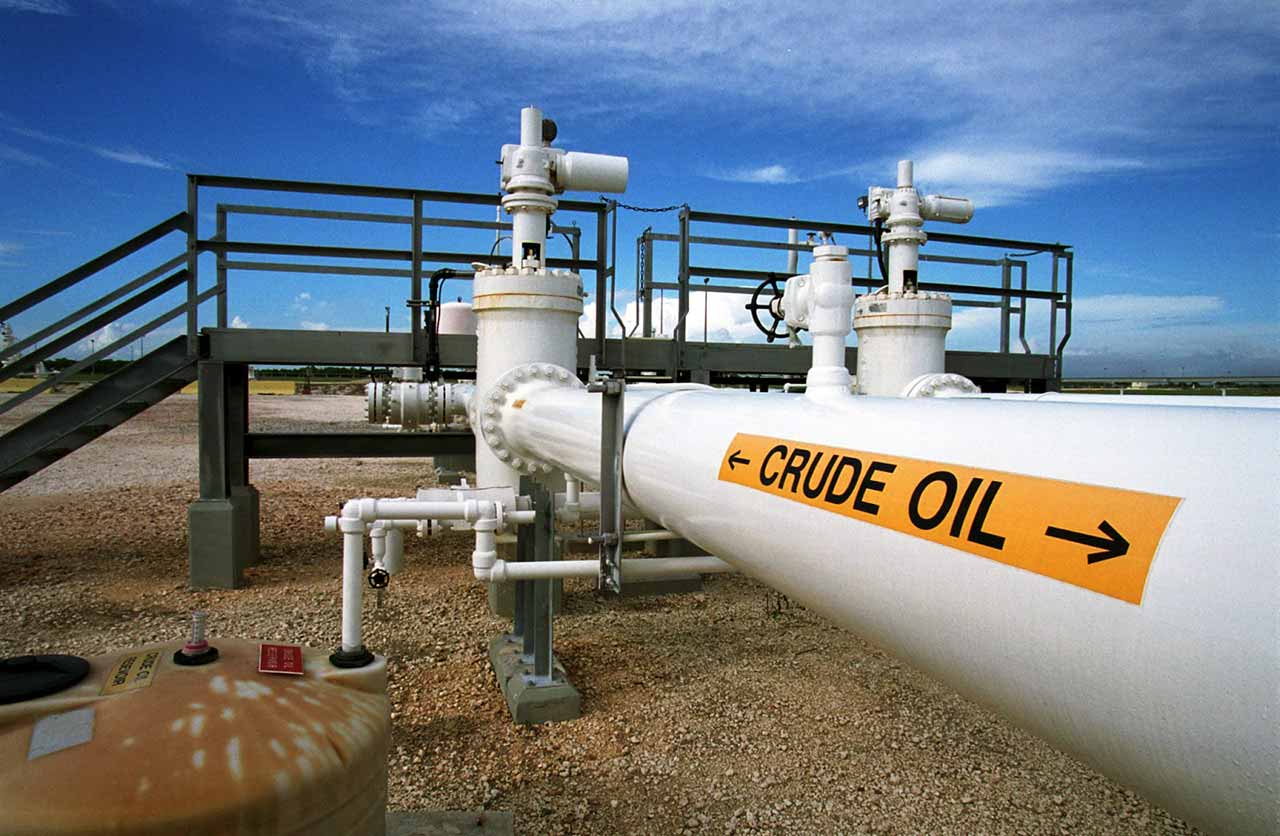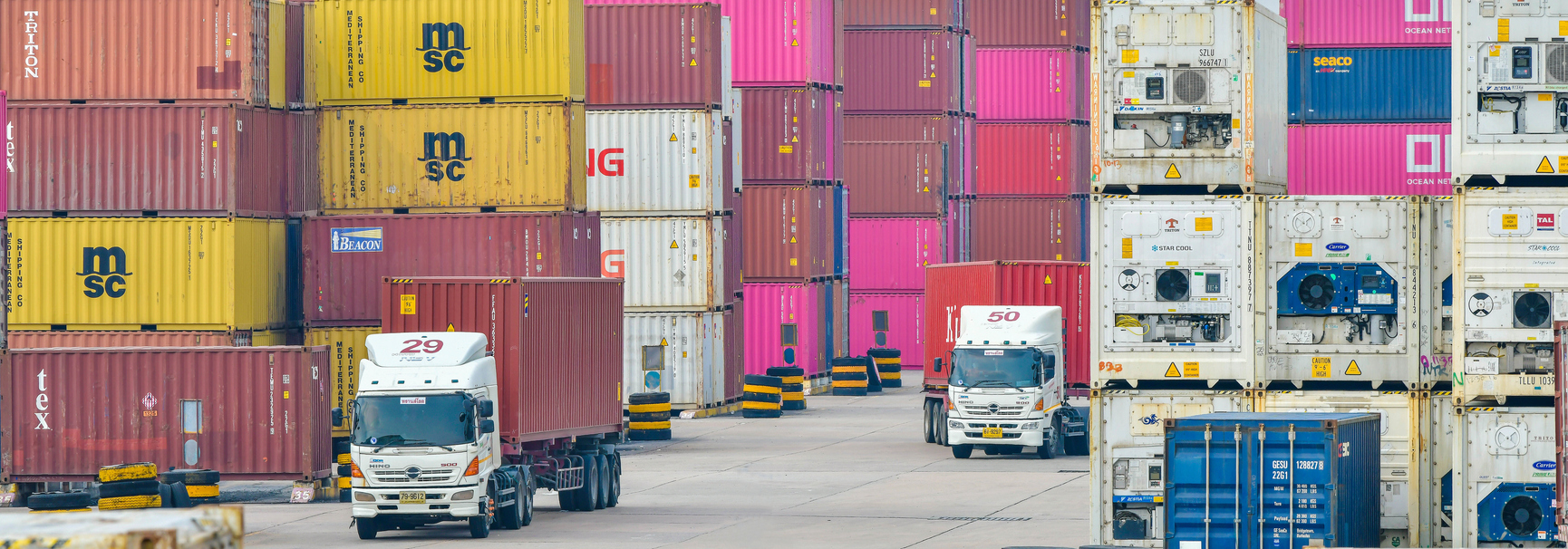Petroleum in Nigeria: Opportunities, Challenges, and the Path Forward
Petroleum in Nigeria is the cornerstone of the country’s economy, accounting for more than 80% of export revenue and a major source of foreign exchange earnings. As one of Africa’s largest oil producers, Nigeria holds vast reserves estimated at over 36 billion barrels, positioning it as a critical player in the global energy market.
The Nigerian petroleum industry spans upstream, midstream, and downstream sectors — from exploration and refining to distribution and export. Despite decades of operation, the sector continues to evolve amid fluctuating oil prices, environmental concerns, and growing interest in renewable energy alternatives.
The Structure of the Petroleum Sector in Nigeria
Upstream: Exploration and Production
Nigeria’s upstream sector involves major oil companies such as Shell, Chevron, ExxonMobil, and TotalEnergies, operating alongside indigenous firms. Most production takes place in the Niger Delta region, where crude oil and natural gas deposits are abundant.
However, challenges like pipeline vandalism, oil theft, and underinvestment in exploration have limited output growth. The introduction of the Petroleum Industry Act (PIA) aims to improve transparency, attract investment, and ensure better community relations — a positive shift for sustainable development.
Midstream: Refining and Processing
Nigeria’s refining capacity remains underutilized. Despite having four state-owned refineries, inefficiencies and maintenance issues have kept them running below capacity. This has led to heavy reliance on imported refined petroleum products such as petrol, diesel, and kerosene.
The Dangote Refinery, Africa’s largest, is expected to change this narrative. Once fully operational, it will significantly reduce import dependency and stabilize local supply. Wigmore Trading supports this shift by facilitating bulk petroleum product distribution to businesses across Africa, ensuring consistent supply to energy-dependent industries.
Downstream: Distribution and Retail
The downstream sector focuses on transportation, storage, and retail distribution of petroleum products. With increasing demand from Nigeria’s growing population and expanding industries, the downstream market presents significant opportunities.
Companies involved in the downstream trade benefit from partnerships that guarantee reliable product sourcing and delivery. Wigmore Trading plays a vital role in this space by connecting suppliers and buyers through efficient logistics and fuel distribution networks, ensuring seamless trade flow across West Africa.
The Economic Impact of Petroleum in Nigeria
Petroleum in Nigeria has long been the backbone of the economy, but its overreliance has created structural vulnerabilities. While oil revenues drive infrastructure development and foreign exchange earnings, the sector’s dominance has often overshadowed agriculture and manufacturing.
Still, petroleum remains essential for powering industries, transportation, and electricity generation. It also supports employment through direct and indirect jobs in drilling, refining, and logistics. With Nigeria seeking economic diversification, optimizing petroleum revenues for sustainable growth is crucial.
Challenges Facing the Nigerian Petroleum Sector
1. Infrastructure Deficits
Aging pipelines, insufficient storage facilities, and poor refinery maintenance contribute to inefficiency and product losses. Modernizing these systems is essential for improving domestic refining and export capacity.
2. Oil Theft and Security Issues
Pipeline vandalism and crude oil theft cost Nigeria billions annually. Enhanced monitoring systems, community engagement, and strict enforcement are vital to protect national assets.
3. Regulatory Bottlenecks
Despite the PIA’s progress, bureaucratic processes still deter investors. Streamlined operations, policy consistency, and investor incentives can help rebuild confidence in the sector.
4. Environmental Concerns
Oil spills and gas flaring continue to harm ecosystems and local livelihoods, especially in the Niger Delta. Companies are now investing in greener practices and clean-up initiatives to minimize environmental damage.
Emerging Opportunities in Petroleum Trade
The global energy transition has created new dynamics for petroleum in Nigeria. While demand for crude oil remains strong, opportunities exist in refined product trading, LPG (liquefied petroleum gas), and petrochemicals.
With the African Continental Free Trade Area (AfCFTA) improving cross-border commerce, Nigeria can leverage its petroleum resources to boost exports to other African nations. Businesses that manage efficient supply chains and logistics stand to gain the most.
Wigmore Trading is well-positioned to support companies in this area by offering reliable petroleum sourcing, transport logistics, and export facilitation services tailored to African trade realities.
The Role of Wigmore Trading in the Petroleum Supply Chain
As a leading wholesale distributor and logistics partner, Wigmore Trading simplifies complex petroleum sourcing and delivery challenges. Whether businesses need bulk fuel supply, storage solutions, or distribution partnerships, Wigmore Trading ensures timely and cost-effective delivery across Nigeria and other African markets.
The company’s deep understanding of trade logistics and supply networks helps clients streamline operations, reduce delays, and improve cost efficiency. By partnering with Wigmore Trading, businesses gain access to a trusted petroleum distribution network built for resilience and growth.
The Future of Petroleum in Nigeria
While global trends point toward renewable energy, petroleum will continue to play a vital role in Nigeria’s energy and economic landscape for decades to come. The key lies in adopting sustainable production methods, improving refining capacity, and enhancing local participation in the value chain.
With better governance, private investment, and technology-driven efficiency, Nigeria can harness its petroleum wealth to drive industrial growth and long-term prosperity.
Conclusion
The petroleum industry in Nigeria remains a powerful driver of trade and economic opportunity. By addressing structural challenges and embracing innovation, the country can transform its oil sector into a sustainable source of progress.
Wigmore Trading continues to support this transformation through reliable petroleum supply, logistics, and export facilitation — helping businesses operate smoothly and efficiently in Nigeria’s evolving energy market.
Get in touch with Wigmore Trading today to streamline your petroleum sourcing and distribution across Africa.








Comments are closed.